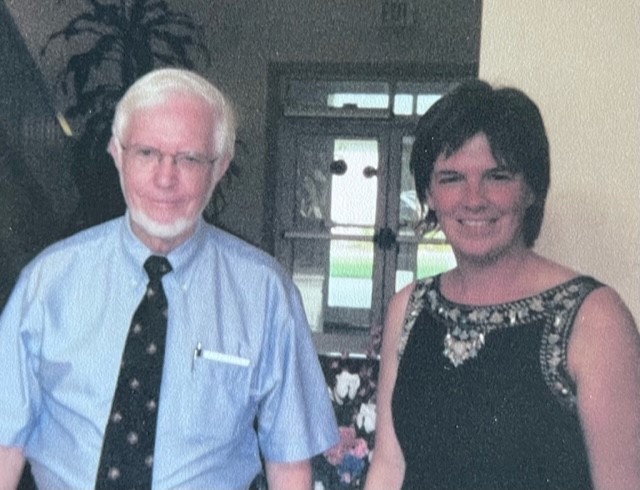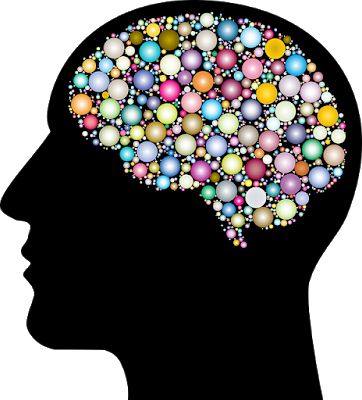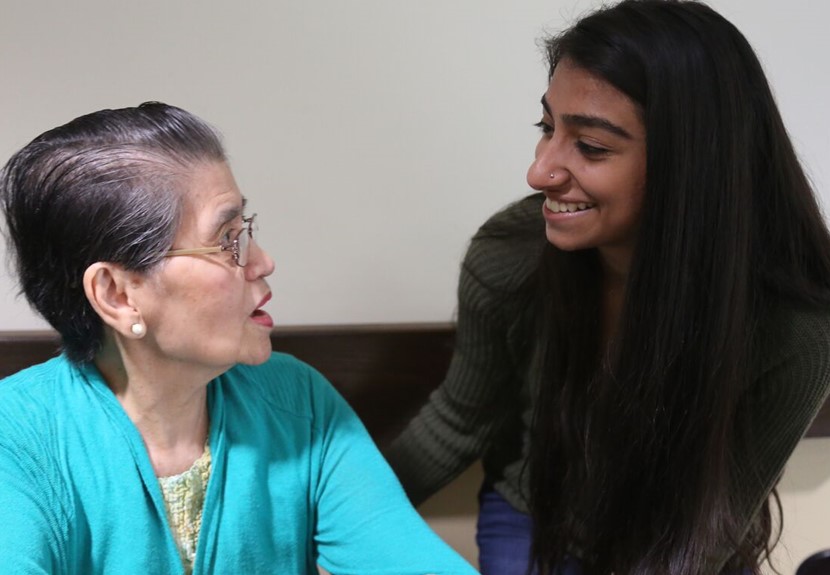How to Avoid Cognitive Decline
Do you ever walk into a room and suddenly cannot remember why you went there in the first place? Have you ever been talking and mid-sentence you draw a blank as to what you were going to say next? Do you ever misplace simple everyday items, such as your eyeglasses or keys? Are you ever left tongue-tied trying to think of the word you want to say, while you know the meaning you want to convey but the word just isn’t coming to you?
READ MORECommunication Tips for Talking to People Living with Dementia and Alzheimer’s
Do you know someone living with Alzheimer’s or another form of Dementia? If so, it can be difficult to see memories and realities slipping away from our loved ones. However, that does not mean that we no longer want to engage with them. In fact, getting them to participate in conversation can help them to prolong their memories and engage their minds. It can also be an opportunity for them to feel successful, be happier, and even decrease negative health effects like feelings of depression.
READ MOREKeys to Successful Communication in Dementia Care
Dementia Changes People
Your loved one or resident is changing. Your once gregarious, “life of the party” spouse is now reticent and restrained. Your college educated, thoughtful father is now forgetful and impulsive. And – perhaps the hardest situation of all – your once gentle and caring mother has begun to angrily lash out at caregivers, friends, and even family. The manner in which you once communicated with these individuals is no longer effective. Comprehensive dementia care must consist of a new, inclusive way to share information with those individuals with Alzheimer’s and other memory affective disorders.
READ MORESense of purpose in life reduces risk of Alzheimer’s disease
Individuals who report greater purpose in their lives appear less likely to develop Alzheimer’s disease or its precursor, mild cognitive impairment, according to a recent study conducted by Rush University Medical Center. The study found that people tend to rediscover their life purpose by deriving meaning from life experiences.
READ MOREBenefits of Reminiscence for Memory Care
This white paper will summarize the large body of research documenting the effects of reminiscence with older adults. These studies reveal that reminiscence is effective for people with Alzheimer’s disease and other forms of dementia.
READ MORE5 Tips for Interviewing Mom & Dad
5 Tips for Interviewing Mom & Dad
1. Don't delay and don't talk yourself out of it. It's time to capture mom's story in print, on video, via audio, or writing via the web. Mom's life story or dad's life story is far more interesting than you can ever imagine. Really and truly, your own parents can tell you things that no one else can share.
READ MOREMemoryBio unlocks the life stories of those with memory loss
MemoryBio, a picture-based reminiscence and journaling program for people who have Alzheimer’s Disease, dementia and mild cognitive impairment, will be officially released by www.LifeBio.com at the American Society on Aging Conference in Las Vegas, Nev., in March 15-19.
READ MORE







